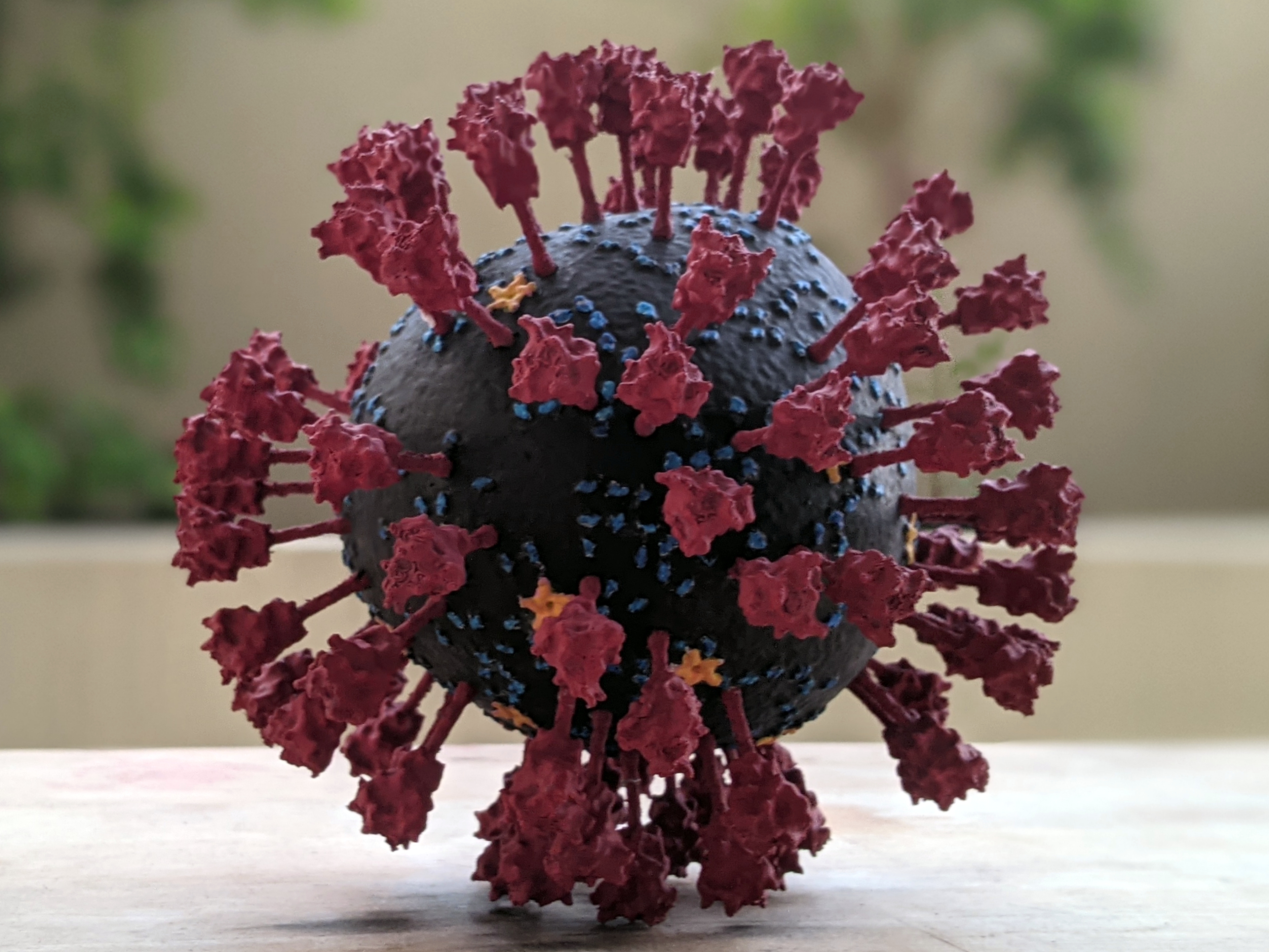On The Basics of Modeling
I had a very interesting chat with a few data science students yesterday. Part of the chat involved the idea of statistical modeling. Throughout the chat, it occured to me that the students didn’t have a very good grasp of what modeling is. To their credit, they were proficient in the techniques of linear regression, and deep learning, but I got the sense that they were very much pushing buttons and watching things happen rather than understanding what they were actually doing.
[Read More]
